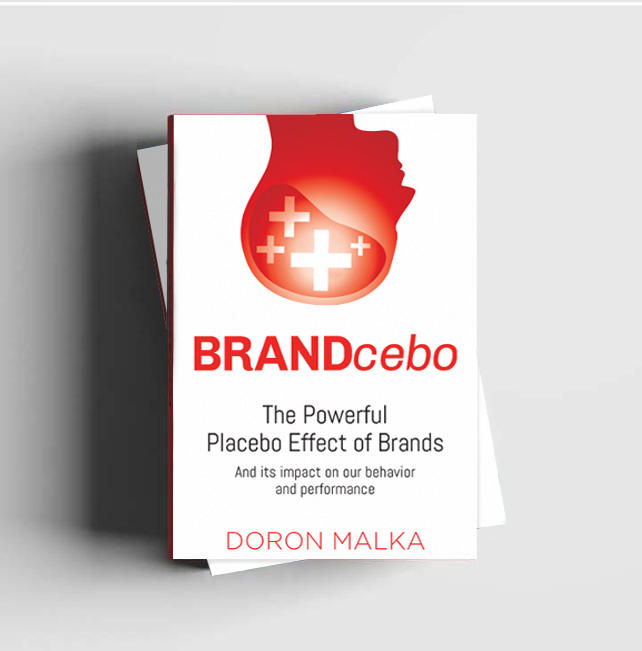how brands get in your head: brand placebo & the psychology of advertising
the psychological effects of advertising are more powerful than you think. Just think about your all-time favorite brands—what gives them a special place in your heart? is it really their laundry list of attributes and how their pros and cons add up in your head?
or, is it something deeper? as much as we’d all like to think that we’re too darn clever to fall for every advertising “ruse,” seasoned marketers know the true power of the psychology of advertising.
after all, it’s all backed by science. thanks to new behavioral research, we know that beloved brands can be so powerful that they affect us much like a placebo, changing how we feel and act by the power of their reputation and the consumer’s high expectations. just like a sugar pill can help someone feel better, the right megabrand could help someone run faster, make a drink taste better, and even change the way people see their surroundings!
ameba marketing founder Dr. Doron Malka put a name to this phenomenon: BRANDcebo. it’s the placebo that drives consumer behavior, and it’s so powerful that it can change the way we think—whether we know it or not.
still not convinced? we’ve got 3 examples of BRANDcebo in action to show you how your favorite brands rule your world.
1. eyes on the prize
the right brands can change how you see the world—literally.
take, ray-bans. It’s not just an international household name worn by celebrities and just about every iconic movie character ever; according to one study, it can even affect our performance with visual tasks! the experiment showed that of two groups wearing ray-bans (one group had their glasses disguised as a lesser known brand), the subjects who wore ray-bans read more accurately and much faster when a light was shined in their faces!
There weren’t any differences in the glasses’ lenses or the task–it was just what brand the subjects thought they were wearing!
2. how the right golf clubs drive you
in a clever study from 2015, a group of professors gave amateur golfers two sets of clubs, one that was branded nike, and another “generic” set. all subjects were really putting with nike clubs, but the study showed that the subjects with the visible nike putters needed significantly less putts to sink the ball!
and it’s not just name recognition, either; the study found that subjects did not improve their game when playing with “gucci” brand clubs—so it was nike’s specific reputation for performance that was helping them play better.
3. beer in mind
With the craft beer renaissance happening now, there’s no doubt that most beer drinkers are developing a more sophisticated plate. But, how much of that is also the psychological effects of advertising and BRANDcebo?
one classic study showed that, with the labels off, beer drinkers had a hard time differentiating their favorite beers from other brands, claiming that a set of 6 different beers as tasted relatively similar. with the labels on, however, beer drinkers suddenly rated their favorite beer significantly higher. they also rated 2 brands more favorably than others overall–despite not being able to tell the different brands apart in the blind taste test!
who knows? you could be experiencing the power of BRANDcebo in ways you never imagined! if you’d like to find out more about how the psychological effects of advertising affect your everyday life, check out Dr. Malka’s acclaimed book BRANDcebo – The Powerful Placebo Effect of Brands and Its Impact on our Behavior and Performance, for more awesome insights on the power of brand placebo.
for your reference
- Allison, R. I., & Uhl, K. P. (1964). Influence of Beer Brand Identification on Taste Perception. Journal of Marketing Research, 1(3), 36. doi:10.2307/3150054
- Garvey, A. M., Germann, F., & Bolton, L. E. (2015). Performance Brand Placebos: How Brands Improve Performance and Consumers Take the Credit. Journal of Consumer Research, 42(6), 931-951. doi:10.1093/jcr/ucv094
- Moty Amar & Dan Ariely & Maya Bar-Hillel & Ziv Carmon & Chezy Ofir, 2011. “Brand names act like marketing placebos,” Discussion Paper Series dp566, The Federmann Center for the Study of Rationality, the Hebrew University, Jerusalem.



